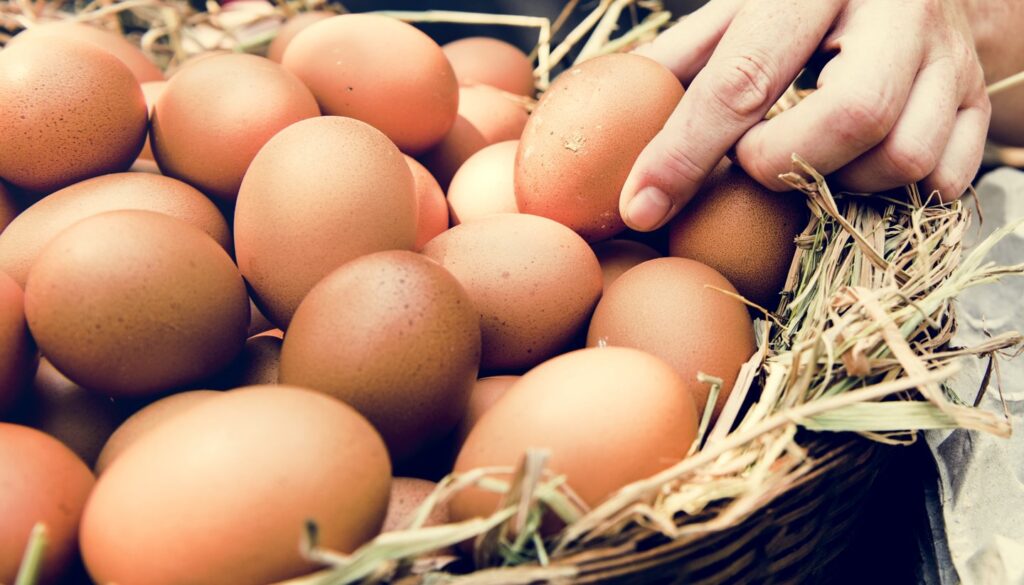[ad_1]
Chicken eggs are nutritious and versatile, but are they good or bad for you?
If there’s one food item that comes to mind as a universal staple in the culinary world, it might be eggs – and we’re referring to chicken eggs in this article.
These familiar oval shells of yolk and white are used in savory and sweet recipes alike—as the centerpiece, a hearty side offering, or the hidden hero that binds together various ingredients during baking and cooking. Is.
With the right treatment, eggs can be miraculously incorporated into foods that bear little resemblance to their original forms, such as meringue and mayonnaise. And of course, boiling, roasting, scraping or poaching them on their own also yields delicious results. But for all their versatility, eggs have some downsides. Here’s a breakdown of everything you need to know about eggs, including whether they’re really good or bad.
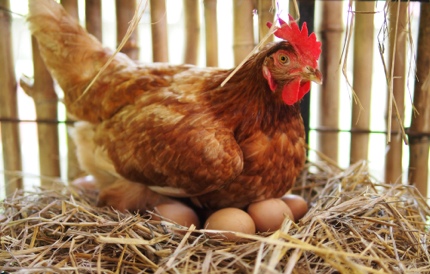
A brief history of eggs
It is believed that humans have been enjoying eggs since the beginning of our existence. Our cave-dwelling ancestors probably discovered that eggs are a rich (and delicious) source of nutrition and initially ate them raw, plucked from wild nests.
As humans evolved, our ancestors began to plant crops and domesticate animals – archaeological evidence suggests that the Chinese began domesticating chickens 5,000 years ago (or possibly earlier), the Middle East and Europe. Countries followed suit.
In ancient Egypt, they even devised an artificial incubator – essentially a clay oven with a good combination of heat and humidity – to hatch thousands of eggs in just a few weeks. Even today some rural communities in Egypt use this ingenious device to meet the demand for poultry.
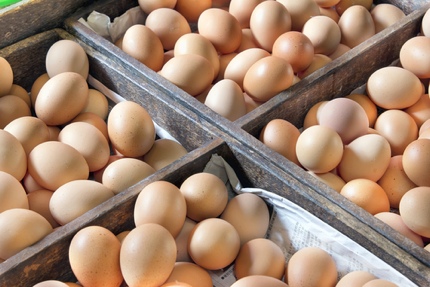
The Cage Farming Controversy
In the 1950s and 60s, in response to the ever-increasing demand for eggs, cage egg farming began to take place around the world. Factories were designed to produce the most eggs at the lowest possible cost, and this often meant cramming large numbers of hens into tightly packed cages that restricted almost all movement, which from various health problems such as falling feathers and broken bones as well as causing them mental anguish. Needless to say, this type of intensive farming is unethical and also quite bad for the environment. The main problem with the latter is the traditional poultry feed ingredients, which are mostly made from cereal grains that require large areas for cultivation and have contributed to deforestation.

In recent years, unfavorable news of cage egg farming has gained prominence in media coverage, leading many consumers to avoid eggs from caged hens. To deal with this problem, several countries have now published a code of conduct for the welfare of chickens respectively. In England, for example, the Department for Environment, Food and Rural Affairs has one. 41 page document Description of lighting, climate control, and minimum space allowance per hen per cage. However, in reality, not all farms have followed the guidelines diligently.
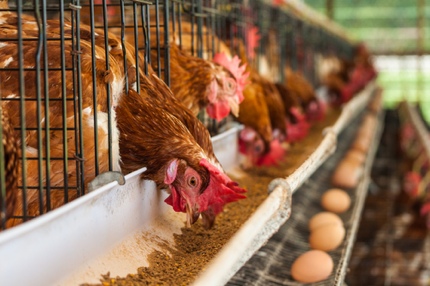
Free range and organic
As some people try to move away from using caged eggs, free-range and organic eggs have become increasingly popular choices. But what is the difference between them? Although free-range chickens have access to the outdoors during the day and are housed indoors at night, they sometimes have very little space to actually roam, and exercise is not always properly managed. is not managed.
Organic eggs are similar to free-range in that the hens are allowed to roam free outside, but are not fed genetically modified feed or antibiotics – the norm for cage and free-range flocks. Organic chickens are also raised in small groups.

Depending on where you are, you may find other egg labels available, including omega-3-enriched, barn-raised, pasture-raised, hormone-free, and even vegetarian eggs (from chickens raised on plants). based diet is given). Be aware that some of these labels may be confusing, while others may contain misleading terms. If you want to find the best eggs for you, it’s always worth doing some research on each variety, and one that has animal welfare and sustainability at its heart – factors that are important to the conscious egg consumer. are becoming more important than ever.
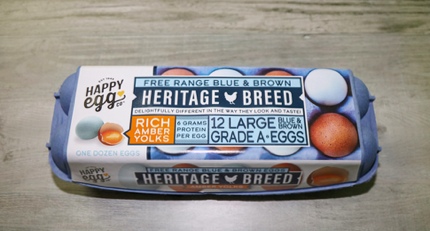
Are eggs good for you?
Many people cite the benefits of eating eggs: they’re a good source of protein (a large egg has about 6 grams), as well as vitamin D for a healthy immune system, and choline, which is important for metabolism and liver function. Enhances functions, among other benefits. . They’re also low in calories, with the average egg containing about 78, making them a great choice for a light and nutritious meal or snack.
One caveat of eggs, many would argue, is their cholesterol content. Cholesterol is a fatty substance that can build up in the blood vessels and increase the risk of heart attack and stroke, and each egg yolk contains about 185 milligrams of cholesterol, more than half of the U.S. daily recommended amount. Is. This has led to some fears that eggs may not be as good for us as we first thought. However, several organizations, including the British Heart Foundation, have come forward to dispel this misconception. It turns out that dietary cholesterol has a negligible effect on one’s blood cholesterol levels. Instead, it’s far more important to keep an eye on saturated fats, which fortunately aren’t high in eggs.
In other words, eggs are nutritious and good for you, as long as you pay attention to how you prepare them. For example, boiling or poaching eggs is a healthier option than frying them in butter because it cuts the amount of fat you eat in half. So despite any concerns, you can still enjoy your eggs in the sun.
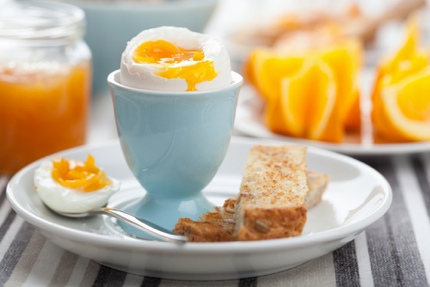
Raw eggs and food poisoning
In 1988, the presence of salmonella in eggs led the British public to avoid raw eggs, a stigma that persisted for nearly three decades. In 2017, the UK Food Standards Agency (FSA) announced a change in advice on eating eggs – based on scientific evidence, it declared that all ‘Shirmark’ eggs produced in the UK were salmonella-free. are This meant that infants, pregnant women and the elderly, who were susceptible to infection, could eventually eat raw eggs or food containing them.
So what is the reason for the change? The FSA attributed this to better testing for salmonella, better vaccination of chickens, better hygiene on farms, better shipping and storage, and traceability.

In the US, the Food and Drug Administration (FDA) has not yet made as bold a statement as its British counterpart, but it does require egg producers to pasteurize eggs with a special type of detergent or Need to wash. Furthermore, precautions in poultry houses mean that eggs must be refrigerated during transport and storage.
In Japan and Korea, raw eggs are often added to the diet, and people in both countries believe that raw eggs are safe, thanks to strict regulations that minimize any potential contamination.
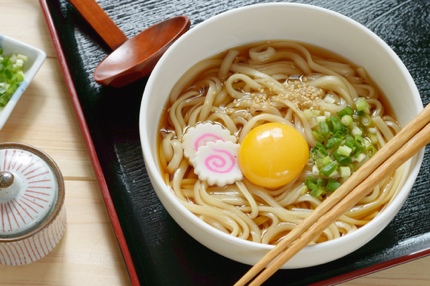
However, it is important to note that low risk does not mean no risk. There is always the risk of salmonella being present on eggshells, especially if you choose to buy directly from a small farm. Thankfully, you can further reduce the risk by discarding cracked or dirty eggs, washing your hands thoroughly with soap before and after handling eggs, and cleaning kitchen surfaces and any raw egg utensils. can.
The color of the yolk
There’s nothing more satisfying than watching a hard-boiled egg open to a runny yolk on a plate – but what makes some yolks so golden? An egg yolk can take on a whole spectrum of different colors, from light yellow to deep orange, depending on what the hen eats – if she has a diet rich in pigments. These pigments, called xanthophylls, can be transferred to the egg. The yolk
For example, the golden yolk of Burford Brown eggs by British egg supplier Clarence Court, is achieved by feeding their hens a varied diet including corn, sunflower, marigold and paprika. Pasture-raised chickens also produce a deep orange yolk.

But does yolk color affect nutrition? Many scientists insist that there is no connection between the two. However, a 2014 study found that if hens are fed a good diet (including supplements like chia and flaxseed), they lay eggs with red yolks that are higher in vitamins and omega-3 fatty acids. .
One thing to note is that while many farms choose to use natural plant-based ingredients to enhance the orange color of their eggs, unscrupulous producers use synthetics to achieve the dark yolks desired by consumers. Use extras.
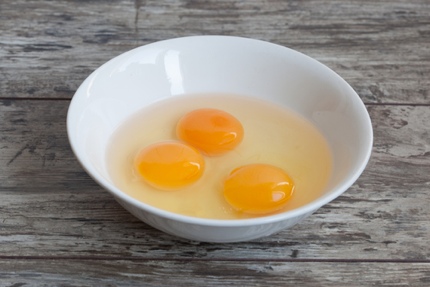
How to store eggs
It’s the age-old question, and one that’s sure to divide a room: Do you refrigerate eggs or not? The recommendation is to store them in a cool, dry place at a constant temperature low enough to prevent bacterial growth (such as salmonella), but there are conflicting opinions about whether a refrigerator or a cupboard is the best choice.
This partly depends on how eggs are treated in different parts of the world. In the US, using a refrigerator is standard practice because American eggs are pre-washed and refrigerated before being sold, while countries like the UK and Australia tend not to wash their eggs. Some supermarkets keep eggs below the recommended storage temperature (for example, in the UK it is below 20°C), so refrigerators are not always a necessary precaution.
If you decide to refrigerate your eggs, it’s best to keep them in the carton they came in (to prevent them from absorbing any odors that may be present in your fridge). ) and also on the main shelf (for greater consistency) temperature to ensure maximum freshness).
No eggs can last forever. If you open an egg and find that the yolk is discolored or flat, and the egg white is runnier than usual, it’s probably spoiled.
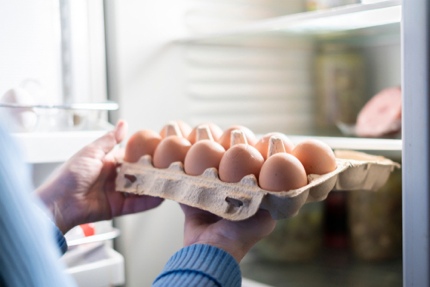
Popular methods of preparing eggs
Wherever you look, eggs abound: they are firmly entrenched in a host of different cuisines and are eaten for every meal and occasion. Not surprisingly, the ways people use eggs around the world can seem endless.
Omelet is a simple but well-loved egg recipe, with many countries offering their own delicious interpretations. The French opt for a classic version using just eggs and butter, while in Japan, mirin — a sweet rice wine — is added to its springy, rolled tamagoyaki for a toothsome flavor.
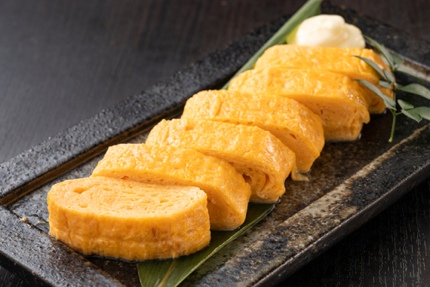
Eggs are at the center (literally) of shakshuka, a tomato sauce-based dish with pepper and spices, such as smoky paprika, that originates from North Africa and the Middle East.

One of the unique ways eggs are eaten in China and Korea is as a boiled egg ‘custard’, so called because it has a silky texture, with the pale yellow color of traditional custard. , which you can take out and eat. with a spoon.
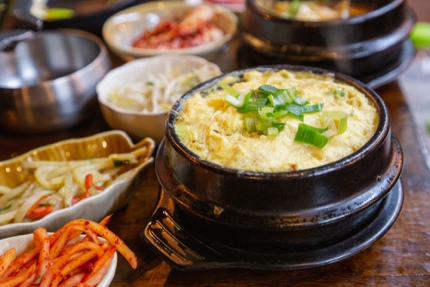
Other popular egg creations from around the world include the Russian stuffed egg or deviled egg, the UK’s Scotch egg (whole eggs wrapped in sausage meat and breadcrumbs) and the Sri Lankan egg hopper (a paper-thin crepe ‘basket’). ‘ which includes eggs (in the middle).
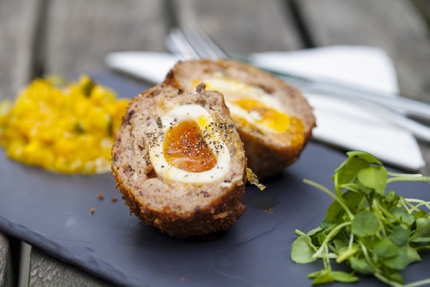

You may also like:
[ad_2]

